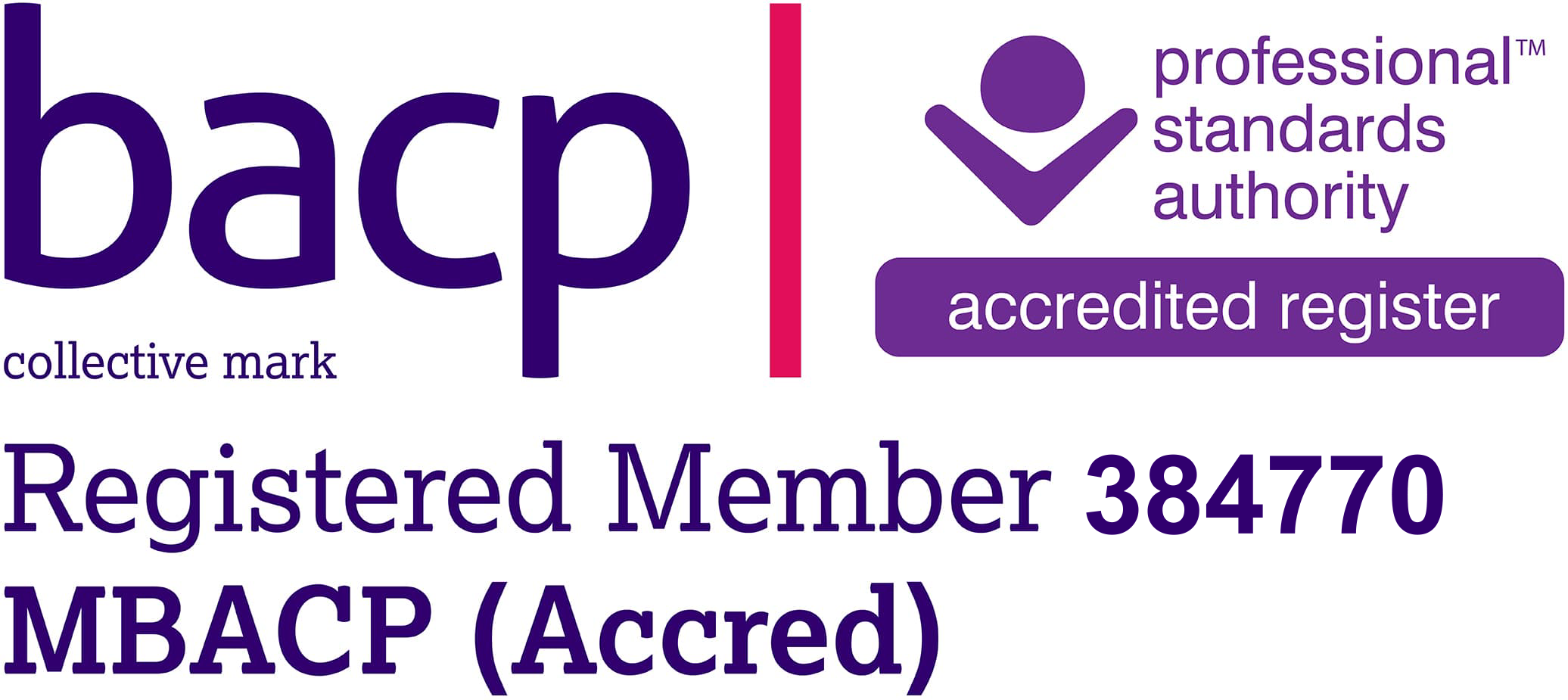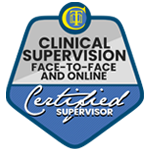Triggered? That might not be a bad thing…
The word triggered seems to have been diluted throughout social media like a pinch of sugar in a pint of water. It seems to have become a buzz word to describe situations where we’re unhappy, angry, offended or disgusted; it may as well describe being human, in that context. Of course, we may be genuinely triggered by something, and feel such emotion as a result, but I feel that the word is being mis-conceived and mis-understood all too often. In short, if someone disagrees with your opinion, and you become upset, you probably aren’t being triggered.
Trigger is about Trauma. When we experience trauma, that trauma is remembered implicitly, rather than explicitly. An explicit memory could be seen as a completed jigsaw puzzle, where the pieces fit nicely together to make something defined, with a time stamp, a beginning, middle and an end. An implicit trauma memory is a piece of that jigsaw puzzle, isolated in time, and seen as a threat. It might be a sight, a sound, a smell, a body sensation, a facial expression, a temperature, a humidity, a pain, or even sexual arousal. When we come across a jig saw puzzle piece in the here and now, which our brain interprets to be the same or similar to the original , our brain’s threat detection system leaps into action, and responds as if that trauma is occurring again.
If you were attacked by someone who was wearing a particular type of aftershave or perfume, and that attack was traumatic, then that particular aftershave or perfume may be considered a threat to your survival from that moment on. Months, years, even decades later, when you come across that same smell, despite when or where you are, your brain and body will respond accordingly. It doesn’t matter if you were attacked in Egypt, and then smell that aftershave/perfume 20 years later in a service station off the M6; your brain’s threat detector cries “danger, Will Robinson” and responds accordingly, and automatically to keep you safe. This is being triggered, and that aftershave or perfume is the trigger.
Triggers can lead us to feeling uneasy, unsafe or overwhelmed, but they can also bring other pieces of that trauma memory with them, as experienced in a flashback, which is, itself, a collection of implicit memories without narrative. If, in the example above, you’re triggered by the aftershave in the service station off the M6, leading to a fight or flight response, you may also experience an image, sound, body sensation, taste or even pain alongside that, leading you to believe your trauma is happening in the here and now, even if what you’re experiencing is actually a memory.
If we spend our life trying to avoid our triggers, we never teach our brain that they aren’t threats; we never complete that jigsaw puzzle, and our triggers continue to be sprung on us when we least expect it. The notion that the trigger is an actual threat to us, and is something to avoid like the plague rather than a memory, is re-enforced time and time again.
When we learn to self regulate, triggers can be used as brilliant guides, helping us to complete the trauma jigsaw puzzle, remain fully present, make sense of our experiences and live our life. Now, this isn’t to say triggers are all sunshine and rainbows; they may be reminders of horrific, terrifying events which have left us scarred, and leave us feeling drained, re-traumatised and exhausted. But they are also essential to survival, and sometimes, by approaching them with a sense of curiosity and self compassion, they can help us to heal from trauma.
This blog is intended for information and educational purposes only and is not intended to replace professional mental health support including diagnosis and treatment. This blog remains the property of the site author, and any un-authorized copy or publishing is prohibited.



